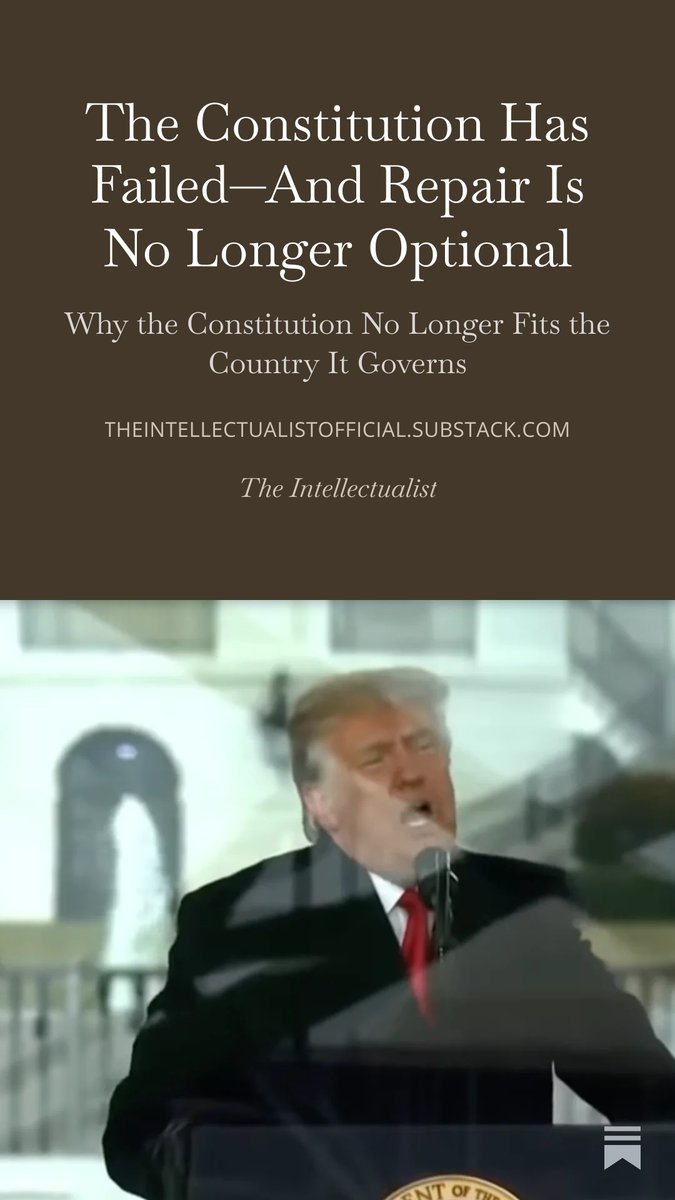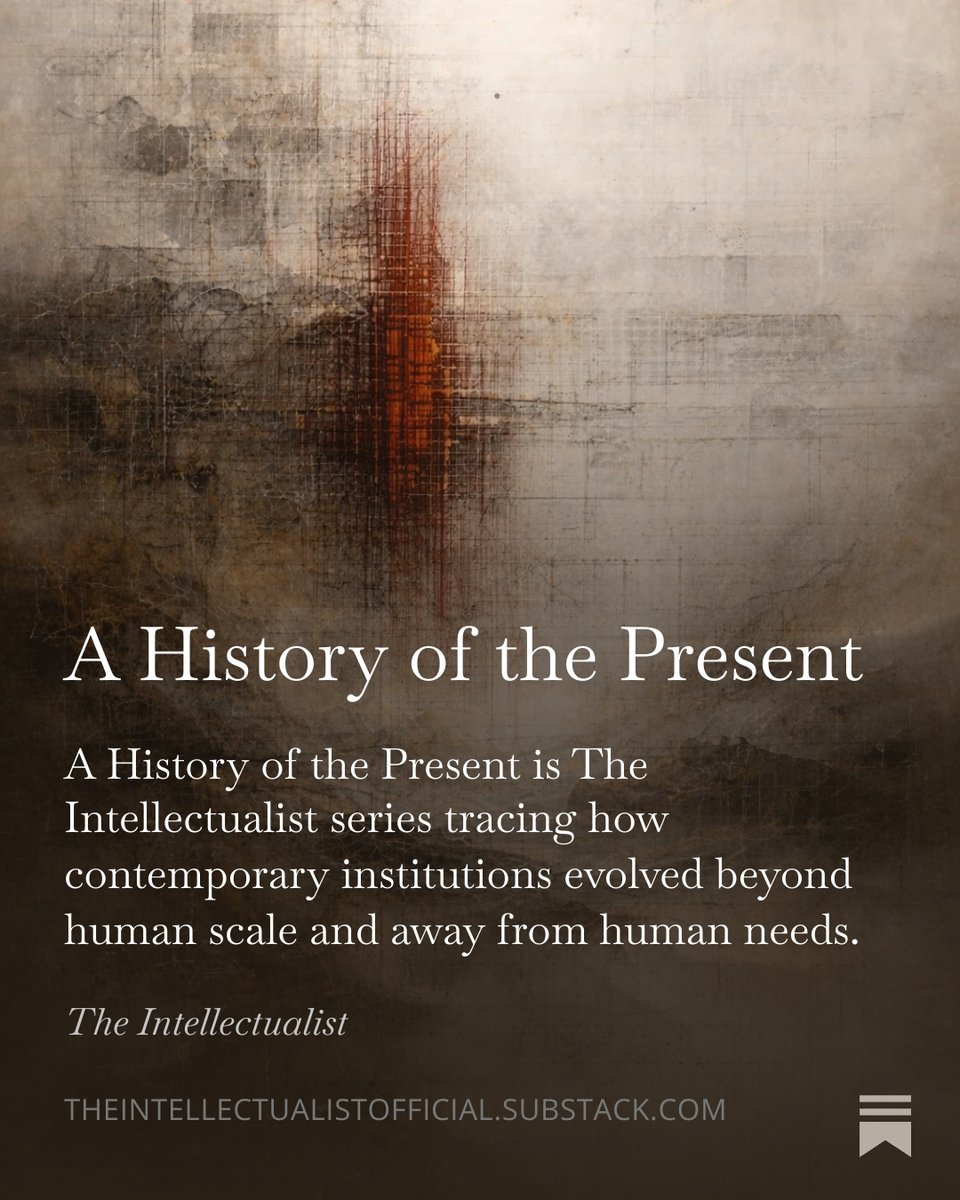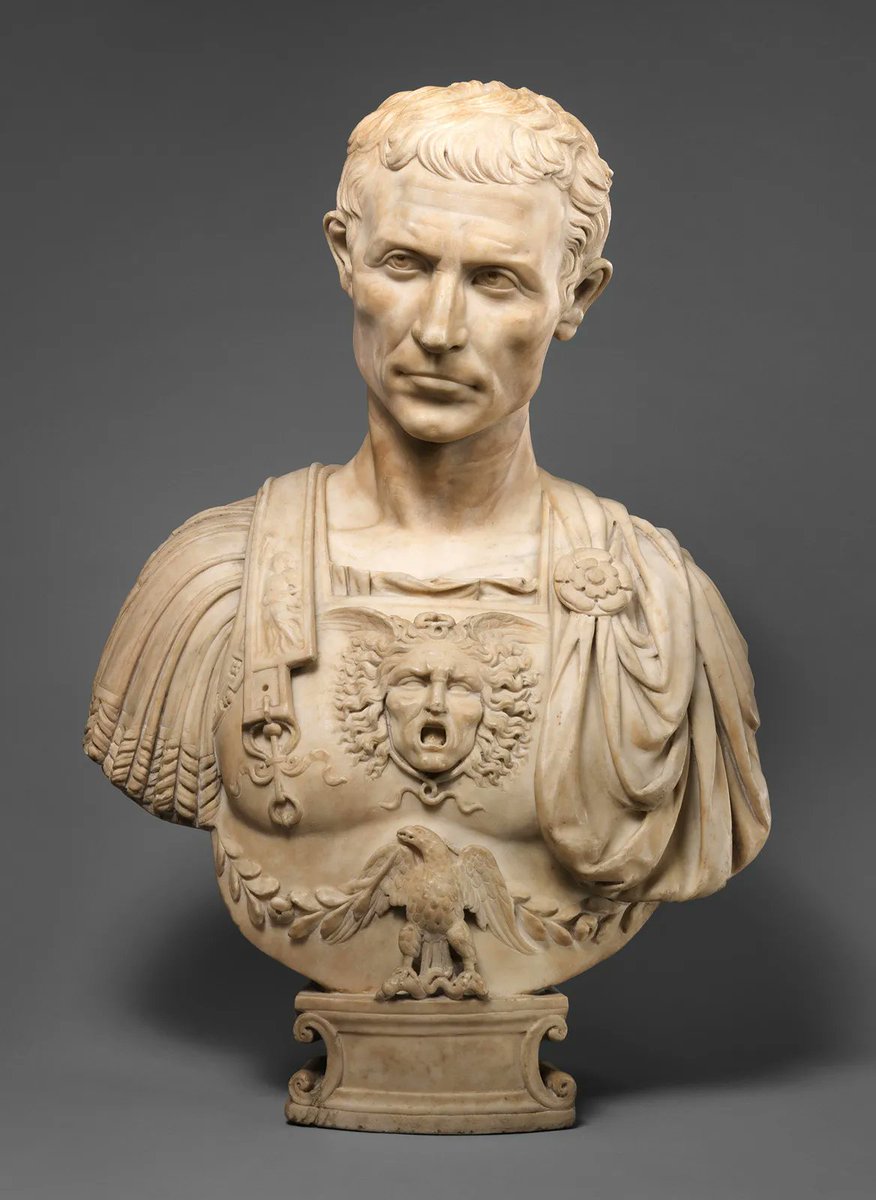1/10: Black history is not a separate entity.
It is a vital part of the very fabric of American history and it continues to play a role in shaping our country’s future.
This thread will help illustrate that point by diving into an important piece of history – the arrival of… twitter.com/i/web/status/1…



It is a vital part of the very fabric of American history and it continues to play a role in shaping our country’s future.
This thread will help illustrate that point by diving into an important piece of history – the arrival of… twitter.com/i/web/status/1…




2/10: In August 1619, about a year before the Mayflower’s voyage, a ship arrived in Point Comfort, Virginia carrying the first enslaved Africans to English North America.
They were captured from Angola, in present-day West Africa. #1619Project #Juneteenth2023

They were captured from Angola, in present-day West Africa. #1619Project #Juneteenth2023


3/10: The “20 and odd” Africans, as historical documents refer to them, arrived on the “White Lion,” a ship that had captured them from a Portuguese slaver.
They were sold in exchange for food and some were transported to Jamestown, the first permanent English colony.… twitter.com/i/web/status/1…
They were sold in exchange for food and some were transported to Jamestown, the first permanent English colony.… twitter.com/i/web/status/1…

4/10: This marks the beginning of over two centuries of chattel slavery in North America, an institution that had profound impact on the social, political, and economic structure of the colonies and, later, the United States. #HistoryMatters #Juneteenth2023 

5/10: It’s important to remember, these enslaved Africans were more than labor.
They were people with diverse cultures, languages, and skills. They made significant contributions, often forced and unrecognized, to the early colonies. #BlackContributions #Juneteenth2023
They were people with diverse cultures, languages, and skills. They made significant contributions, often forced and unrecognized, to the early colonies. #BlackContributions #Juneteenth2023

6/10: In contrast, the Pilgrims, a group of English settlers, arrived in 1620 on the Mayflower, establishing the Plymouth Colony in present-day Massachusetts.
Their story is often highlighted in our history books, while the 1619 narrative is less widely known.#Juneteenth2023
Their story is often highlighted in our history books, while the 1619 narrative is less widely known.#Juneteenth2023

7/10: As we commemorate American history, let’s strive to ensure all narratives are equally represented. This includes the painful parts of our history.
It is by understanding the full scope of our past, we can create a more equitable future. #InclusiveHistory #Juneteenth2023
It is by understanding the full scope of our past, we can create a more equitable future. #InclusiveHistory #Juneteenth2023

8/10: Let’s educate ourselves & future generations about the foundational role African-Americans played in shaping the United States.
Their stories, struggles & triumphs are integral to the American narrative, and deserve more than a single month’s focus. #EverydayBlackHistory… twitter.com/i/web/status/1…

Their stories, struggles & triumphs are integral to the American narrative, and deserve more than a single month’s focus. #EverydayBlackHistory… twitter.com/i/web/status/1…


9/10: Black history is American history.
Understanding this is crucial for acknowledging the contributions of Black Americans and addressing the systemic issues that stem from this dark period in our history.
Our collective progress depends on it. #Juneteenth2023
Understanding this is crucial for acknowledging the contributions of Black Americans and addressing the systemic issues that stem from this dark period in our history.
Our collective progress depends on it. #Juneteenth2023

10/10: Together, let’s continue to unravel the complete history of America – in all its complexity and diversity.
It’s through comprehensive understanding that we can truly appreciate the depths of our past and work towards a future built on truth and equity. #EndThread… twitter.com/i/web/status/1…



It’s through comprehensive understanding that we can truly appreciate the depths of our past and work towards a future built on truth and equity. #EndThread… twitter.com/i/web/status/1…




If you are not following us, please do. We would appreciate it. Thank you.
• • •
Missing some Tweet in this thread? You can try to
force a refresh






















